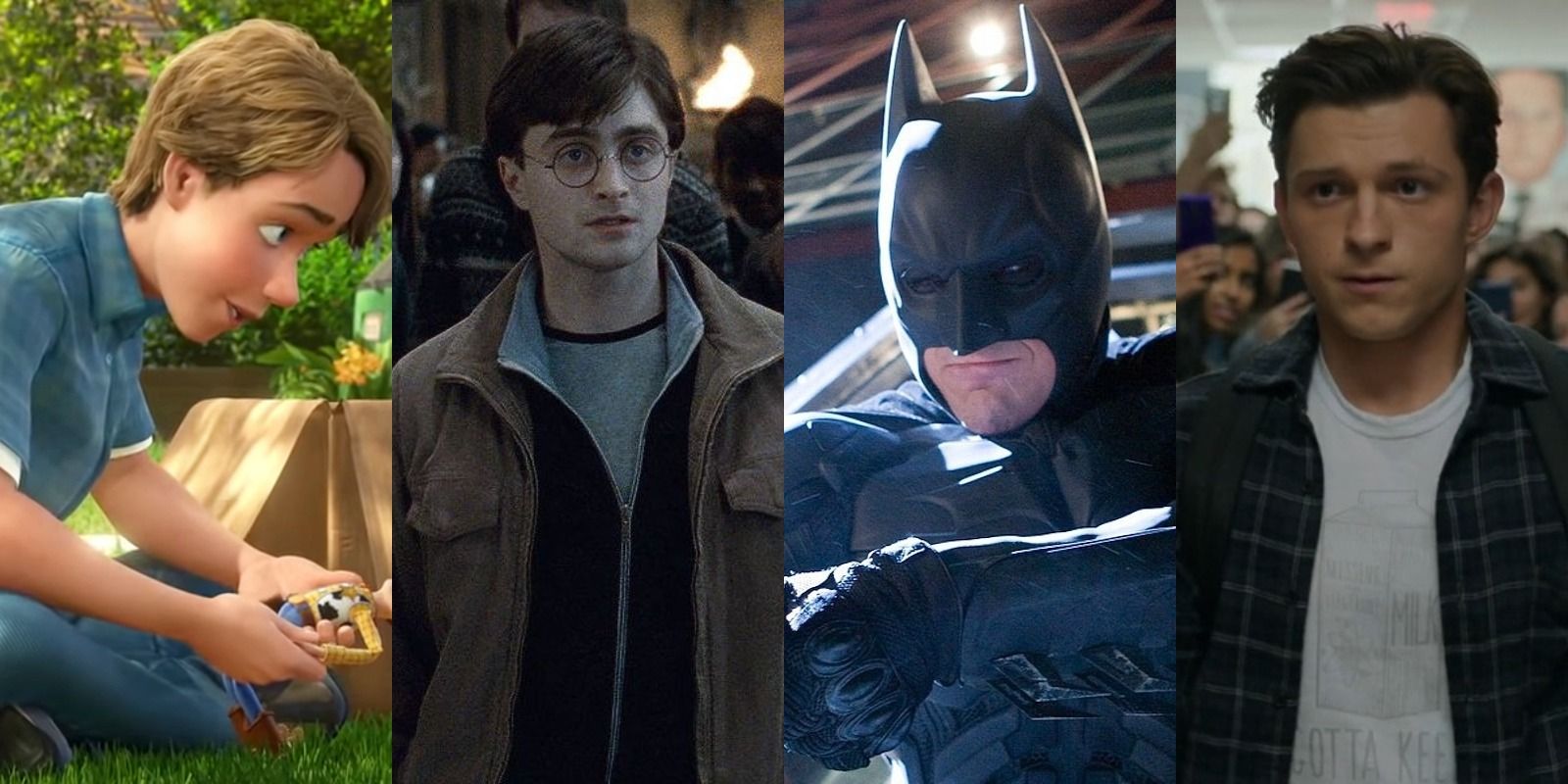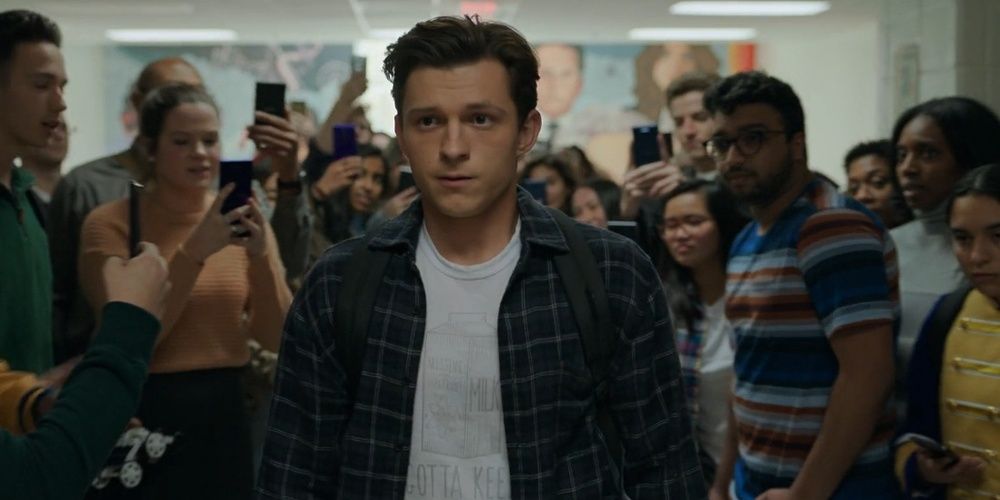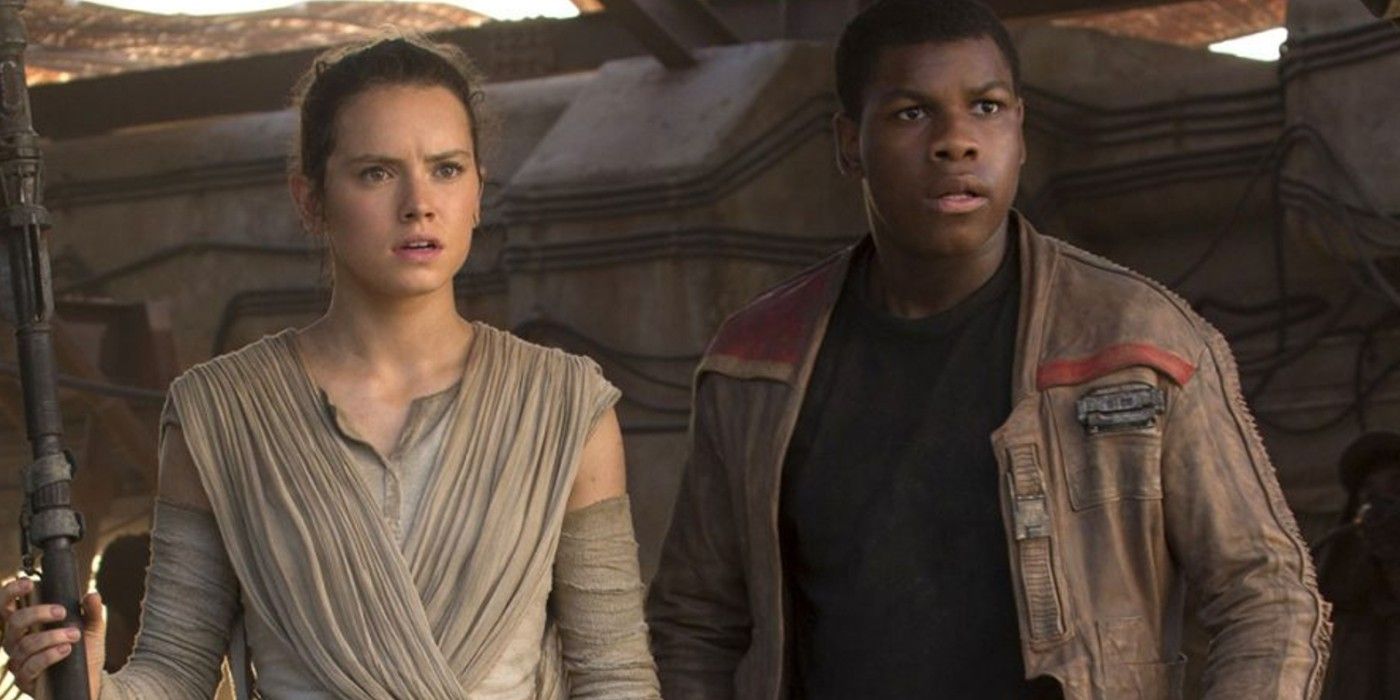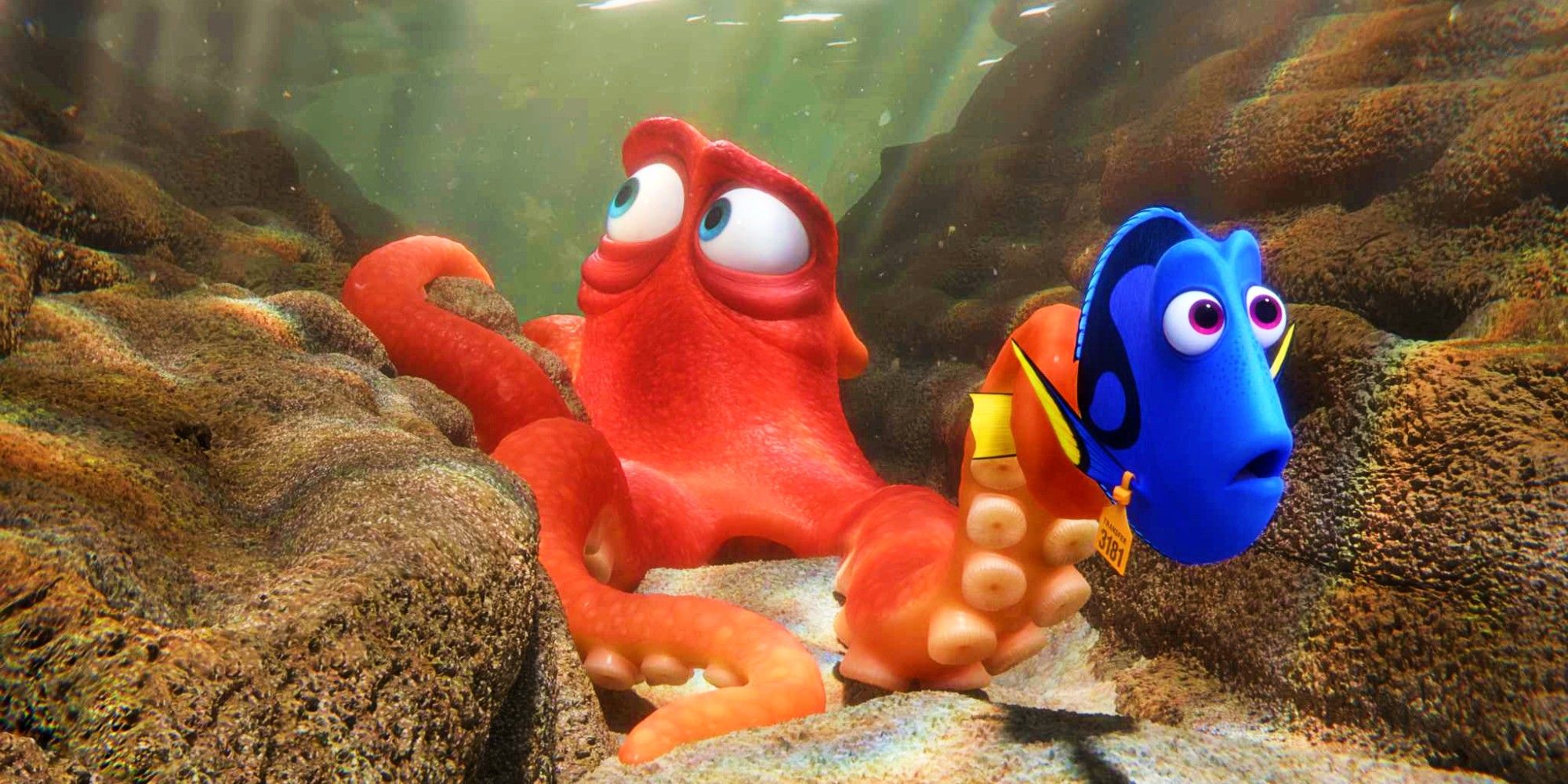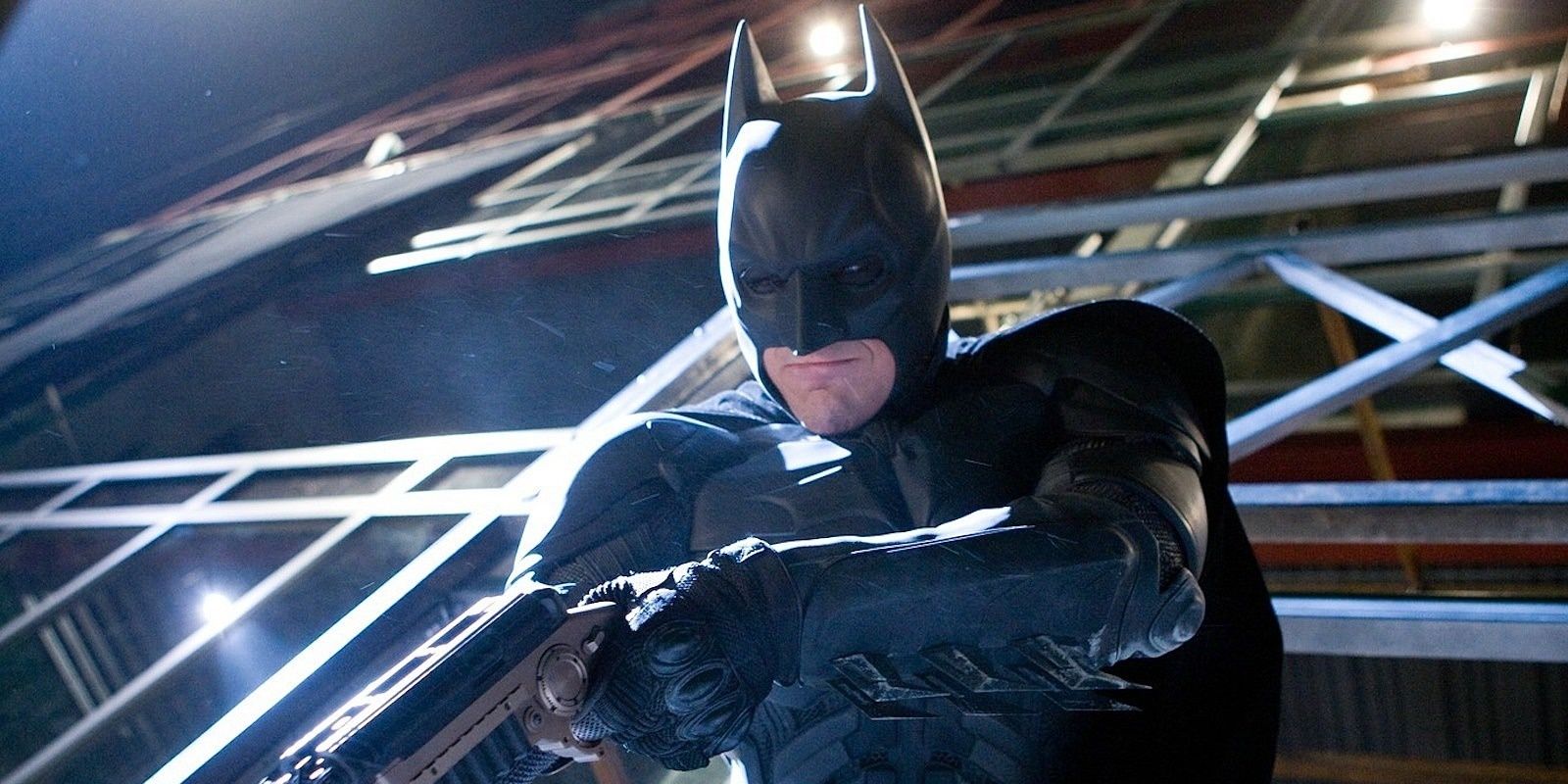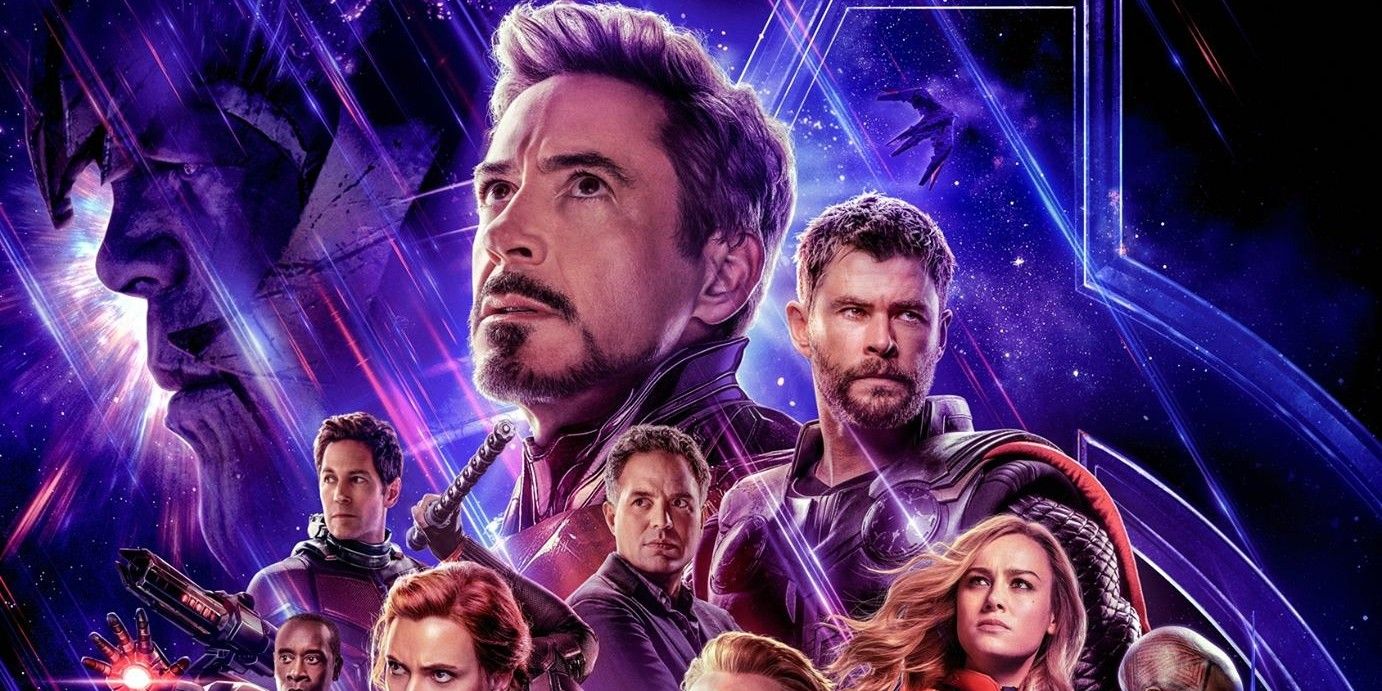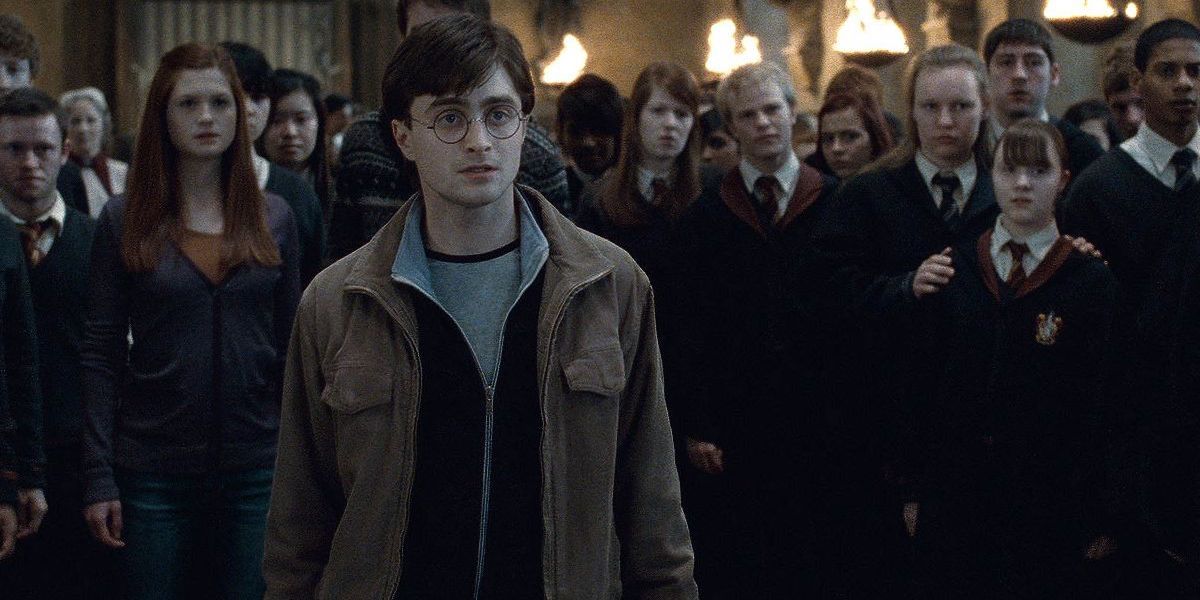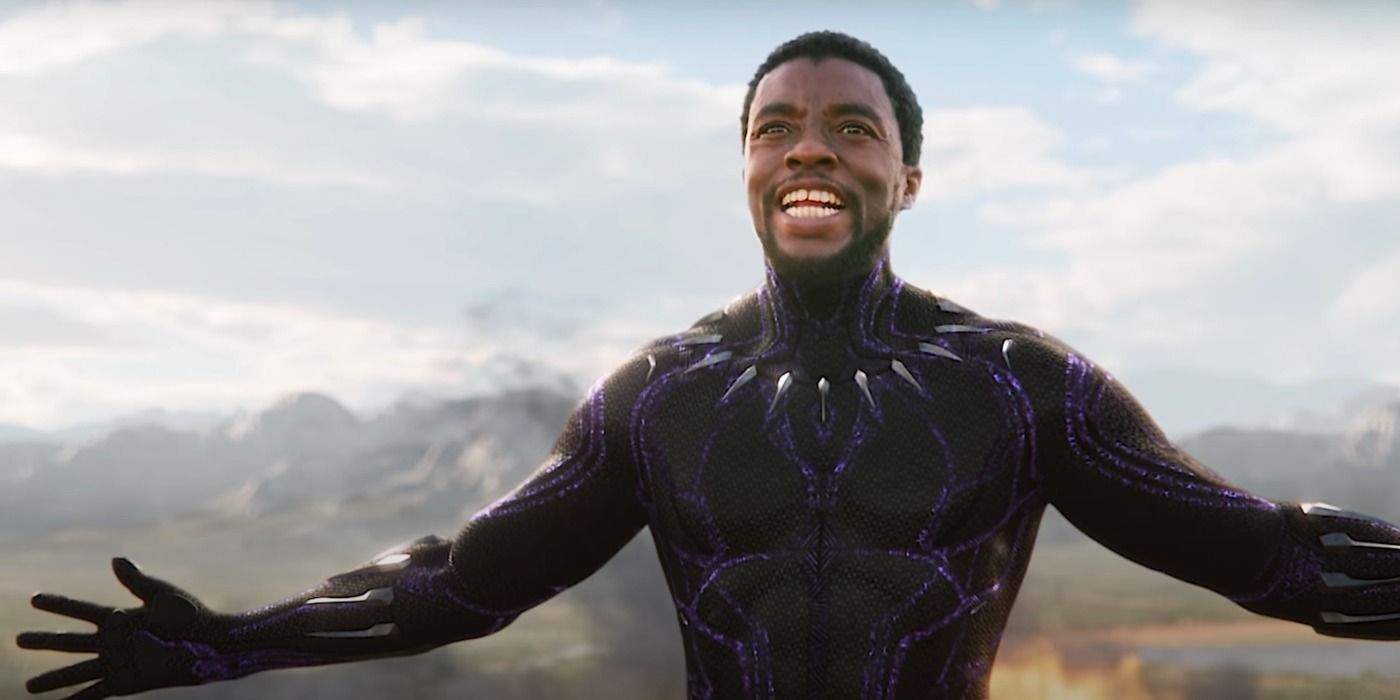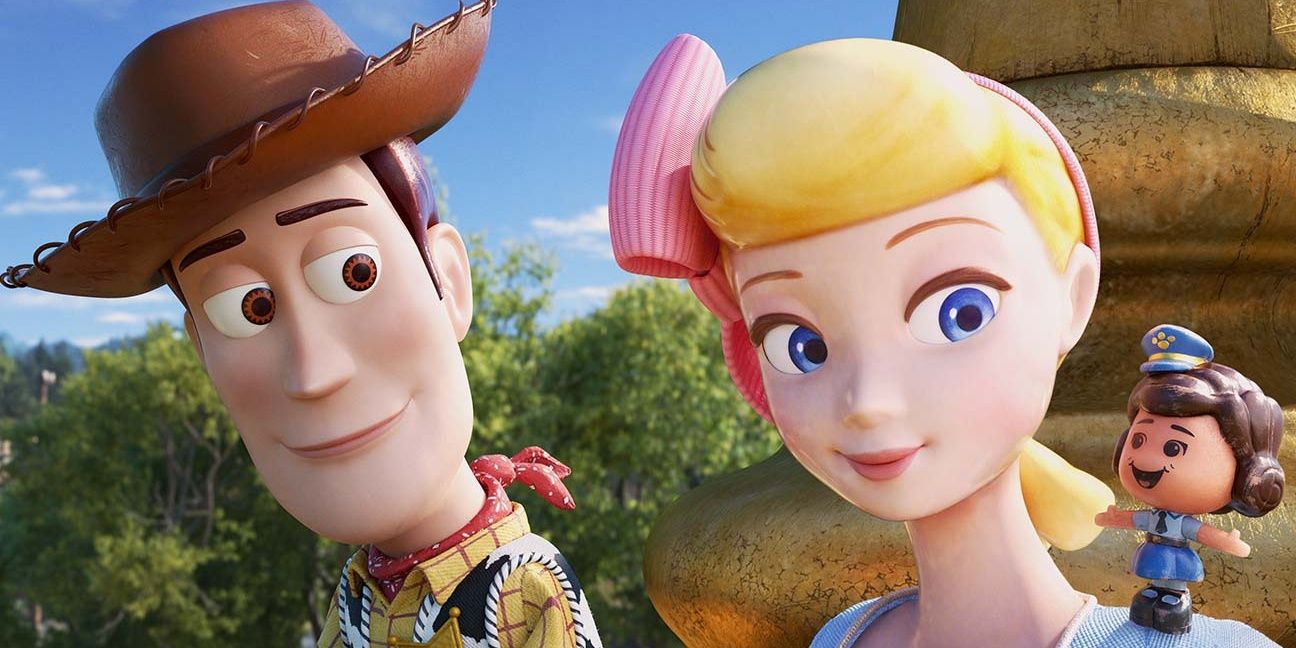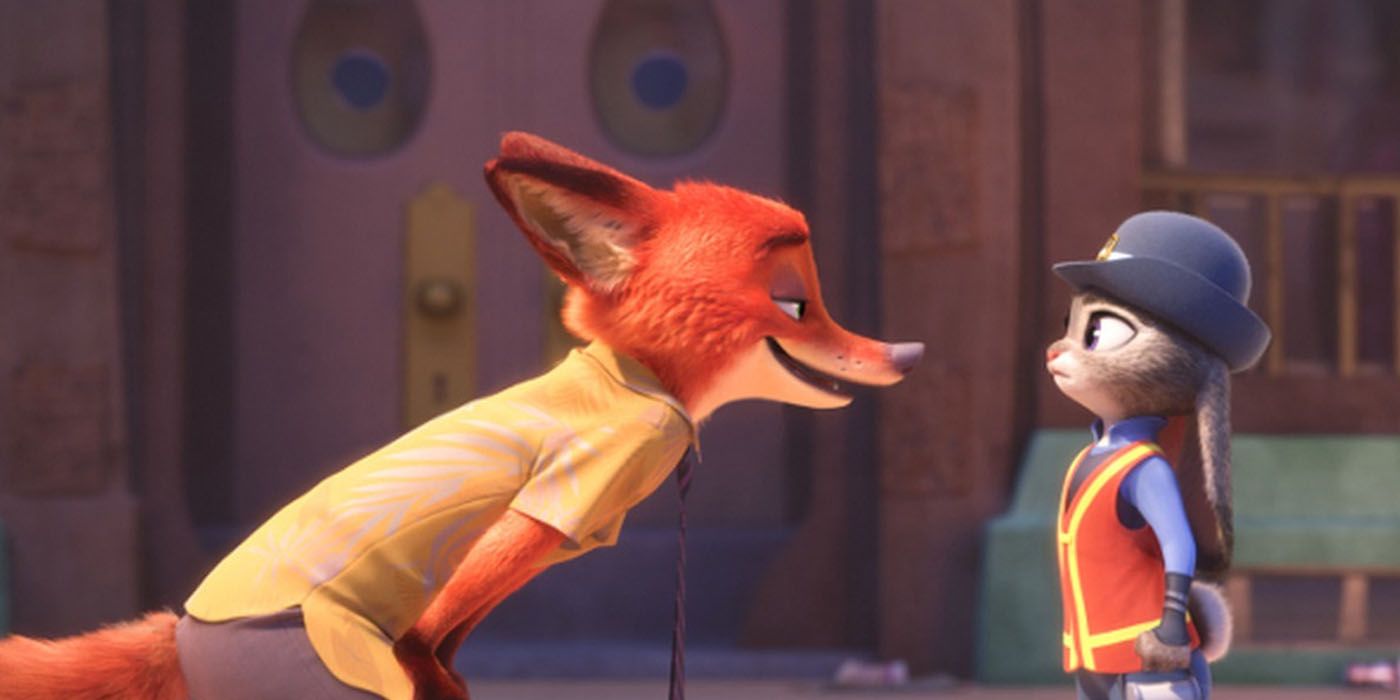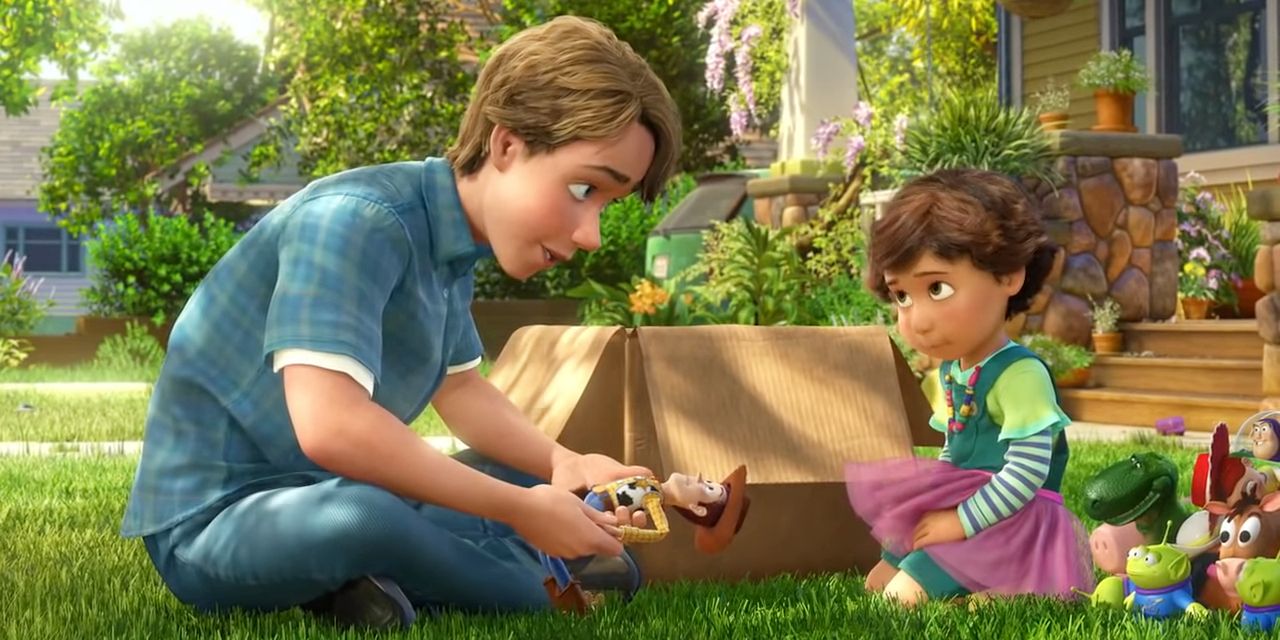When Spider-Man: No Way Home crossed the billion-dollar mark at the worldwide box office, it became the 48th film to accomplish that feat, not adjusted for inflation. Although the first to cross that mark was Titanic in 1997, there were few others that accomplished it until the 2010s saw a box-office explosion.
But not all billion-dollar films are critical darlings; the lowest-rated, Transformers: Age of Extinction, has only a 17% on Rotten Tomatoes. Which of those 48 films have garnered the most critical success on Rotten Tomatoes alongside their billion-dollar box office take?
Spider-Man: No Way Home - 93%, 410 reviews
Tom Holland's Spider-Man trilogy grew its box office with each movie it released, but whereas Far From Home benefitted from being released right after Avengers: Endgame, Spider-Man: No Way Home benefitted instead from an amazingly heartfelt story that tributed the near 20-year cinematic history of the Stan Lee & Steve Ditko creation.
What could have easily turned into simple fan-service is elevated by Tobey Maguire and Andrew Garfield's return and how they acted as brotherly mentor figures toward Tom Holland's version, as well as MCU Peter Parker's noble goal of saving the villains from their fate. In the end, this Peter finally earns the mantle of Spider-Man by making the ultimate sacrifice.
Star Wars: The Force Awakens - 93%, 448 reviews
Released ten years after Revenge of the Sith, The Force Awakens was Disney's first entry into the Star Wars universe, as well as the sequel trilogy's beginning. While The Last Jedi received such a mixed reception that the Rise of Skywalker completely ignored plot points from it, and Rise of Skywalker had its own issues, this first entry was a promising restart for Star Wars.
The Force Awakens' strengths lie in the introduction of Rey, Finn, and Poe, three characters who seemed to capture Luke, Leia, and Han's strengths without being copies of them (for the most part), its intimidating new villain Snoke, and its willingness to kill off Han Solo. It was the jolt the franchise needed.
Finding Dory - 94%, 340 reviews
Pixar is often at its best when it makes original films as opposed to sequels, but sometimes the old Pixar magic manages to come back when the studio returns to a franchise, and Finding Dory is a perfect example of that.
Where Dory succeeds is that it builds on the previous movie's characterization of Dory's amnesia while using it to jumpstart an exploration of her backstory. Finding Dory also eschews a spinoff vibe by having it act as a direct sequel, just with a different focus, which helps it avoid the pitfalls that plenty of side-character spinoff movies have. Family remains at the movie's core, and that certainly helped win over critics.
The Dark Knight - 94%, 346 reviews
Christopher Nolan's Batman Begins reinvigorated the entire superhero genre on film, and set a high bar for the sequel to follow. Not only is Heath Ledger's Joker the best Batman movie villain ever, but it singlehandedly elevated The Dark Knight to become the best Batman movie ever made.
That's not to say that Christian Bale's Batman or the other supporting characters aren't integral to the plot or don't have compelling characterization. But Batman is only as good as his villains, and this Joker manages to make him question his worldview as well as consider how far he's willing to go to pursue justice. Heath Ledger's posthumous Oscar for the role speaks to how effectively he pulled it off.
Avengers: Endgame - 94%, 550 reviews
Possessing the highest average box office, the Avengers franchise is the most valuable intellectual property in the world. While 2012's The Avengers first showed the mega-potential of a crossover film within a cinematic universe, it actually built toward the larger Infinity Saga, with Endgame acting as the saga's finale.
To have even a trilogy of critically successful films is a miracle; to have a 21-film build-up to the biggest film of all time, and then have that film deliver on emotion and spectacle is unprecedented. Just look at Disney's sister franchise, Star Wars, to see how hard it is to pull over. It makes it even more of a marvel (pun intended) that the MCU could produce a ride this epic, filled with joy and tears, that appeals to critics and fans alike.
Harry Potter and the Deathly Hallows: Part 2 - 96%, 332 reviews
The only franchise that had attempted to pull off anything close to what the MCU did was the Harry Potter series, lasting from 2001 to 2011 in cinematic form, and maintaining the entire main cast throughout its run. Sure, 2014's Boyhood being filmed over 12 years was a risk, but tying an entire blockbuster franchise around a group of children was a much bigger one, financially speaking.
Yet, the series not only finished, but wrapped on a high note, with Harry Potter and the Deathly Hallows: Part 2 being the series' best, and the culmination of a decade of filmmaking. The return to the Wizarding World with the Fantastic Beasts movies shows how beloved the franchise is, and how much moviegoers still want to go back to Hogwarts.
Black Panther - 96%, 528 reviews
Black Panther wasn't the first superhero film to star an Black lead, but it was the first to feature a majority-Black cast as well as take place in Africa, something that has been integral to the Black Panther character ever since his comic debut from Stan Lee and Jack Kirby.
But Black Panther isn't solely a cultural phenomenon for that reason. It's filled with great performances, and it pontificates on the question of race in a world where an African nation is the most advanced on Earth, yet the events of history still played out the same. How could Wakanda have ignored such suffering? It's thematically relevant to the real world while also dramatically compelling.
Toy Story 4 - 97%, 457 reviews
The only Pixar franchise to have reached four films, there has never been a weak link in the Toy Story series, and it's definitely the most acclaimed series of all time on Rotten Tomatoes in terms of the average score for each film.
After two decades, Toy Story 4 finally sees the return of Bo Peep, who hadn't appeared since 1999's Toy Story 2, and explores her relationship with Woody. While the third film in the franchise ended on an incredibly poignant note, the fourth manages to add something new by having Woody separate from the gang to stay behind with Bo Peep, as he finally retires from his leadership role to find love and happiness.
Zootopia - 98%, 298 reviews
A new Disney classic filled with funny quotes, Zootopia was perhaps the most beloved film of 2016, and with good reason. It's humorous, on-the-nose with its depiction of city-based life, and features a surprising amount of adult references. Most notable of all, though, it acts as a metaphor for the role race plays in society.
Zootopia may not be the most accurate analogy for race relations in America, but for a children's movie, it's bold to even take on a topic like that. It also was perhaps even more relevant for 2016 than the producers expected when production began, and it's only continued to remain relevant today. For a great balance of humor and seriousness, as well as adult and children's appeal, there are few better films than this.
Toy Story 3 - 98%, 309 reviews
The longest gap between Toy Story films came between the second and third films. With two critically-acclaimed entries under their belt, and no other sequel ever made to one of their films, there was no guarantee that Toy Story 3 would be a success.
Yet, that's exactly what it proved to be, earning over $1 billion and a Best Picture nomination. Toy Story 3 smartly follows up on Stinky Pete's question to Woody about what happens when Andy grows up, showing Andy now heading off to college. It's one of the best depictions ever of the parental pangs around a child growing up, and the audience is almost guaranteed to be in tears by the end.

